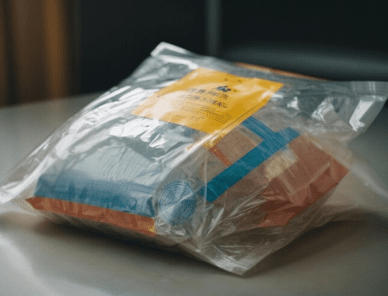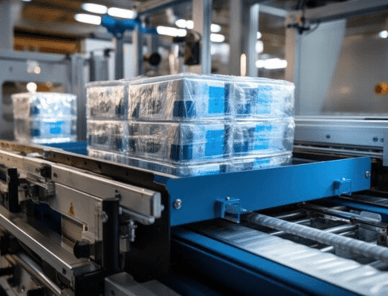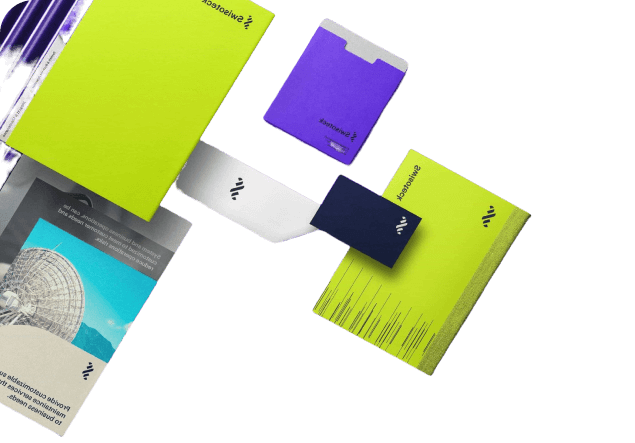
How Total Poly Print is leading the way in sustainable plastic packaging solutions
One of the most important environmental issues of our day is plastic garbage. The World Economic Forum reports that each year, over 8 million tonnes of plastic enter the ocean, damaging ecosystems and marine life. Furthermore, the manufacture and disposal of plastics add to greenhouse gas emissions and global warming.
How can we reduce the impact of plastic packaging on the environment, while still meeting the needs of consumers and businesses? One possible answer is 3D printing.
3D printing, also known as additive manufacturing, is a process that creates objects by depositing layers of material on top of each other, following a digital model. 3D printing has many applications, from medical devices to aerospace components, but it also has the potential to revolutionize the packaging industry.
In this blog post, we will introduce you to **Total Poly Print**, a company that offers sustainable plastic packaging solutions using 3D printing technologies. We will also discuss the benefits of 3D printing for sustainable packaging, and provide some examples of how Total Poly Print uses 3D printing to create recyclable pillow pouches, bio-based resins, and wood pulp packaging.

our time is limited, so don’t waste it living someone else’s life. Don’t be trapped by dogma – which is living with the results
John Mehedii
Total Poly Print uses 3D printing to create a variety of packaging products that are designed to meet the specific needs of its customers. Some of the products that the company offers are:
Recyclable pillow pouches: These are flexible and lightweight pouches that can be used to store and transport liquids, powders, or granules. The pouches are made of polyethylene terephthalate (PET), a widely used and recyclable plastic material. The pouches are printed with a thin layer of PET, which reduces the material usage and waste. The pouches can also be customized with different sizes, shapes, colors, and logos, according to the customer's preferences.
Bio-based resins: These are resins that are derived from renewable sources, such as corn, sugarcane, or algae. The resins have similar properties to conventional plastics, such as strength, flexibility, and transparency, but they have a lower environmental impact. The resins can be used to print various types of packaging, such as bottles, jars, or trays. The resins are also biodegradable or compostable, which means that they can be disposed of in an organic way, without harming the environment.
Wood pulp packaging: This is packaging that is made of wood pulp, a natural and abundant material that is obtained from trees. The wood pulp is mixed with a binder and printed into thin sheets, which can be molded into different shapes and forms. The wood pulp packaging has a natural and rustic look, which can appeal to customers who value sustainability and authenticity. The wood pulp packaging is also recyclable or compostable, as it can be easily broken down by microorganisms.







